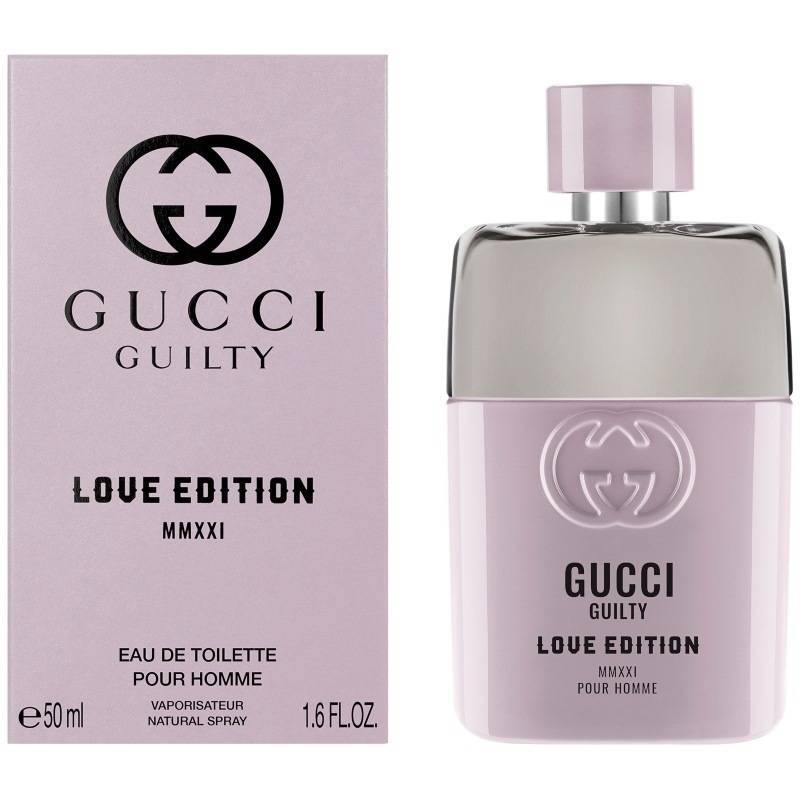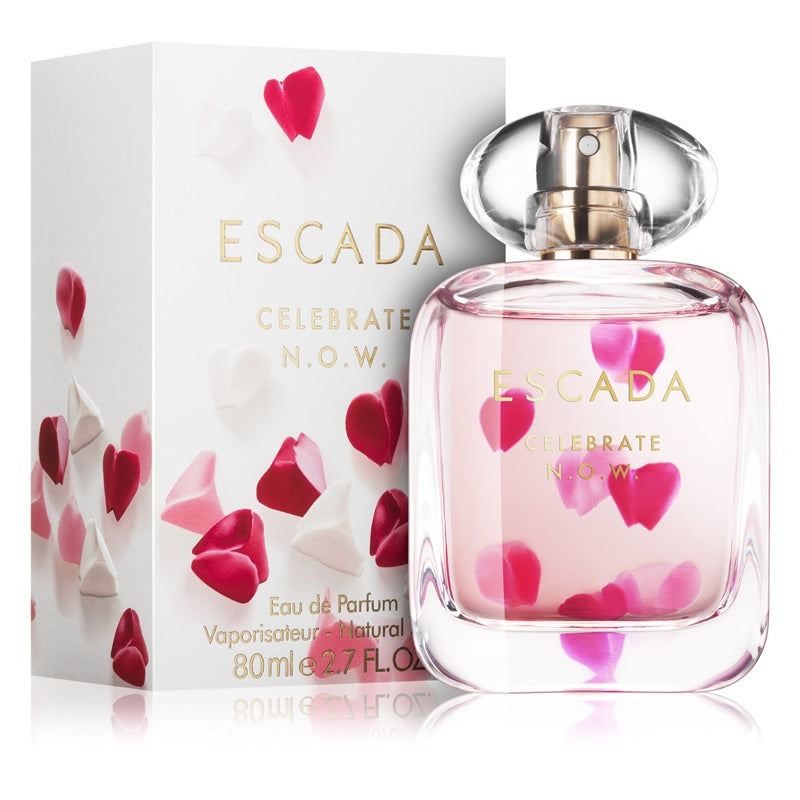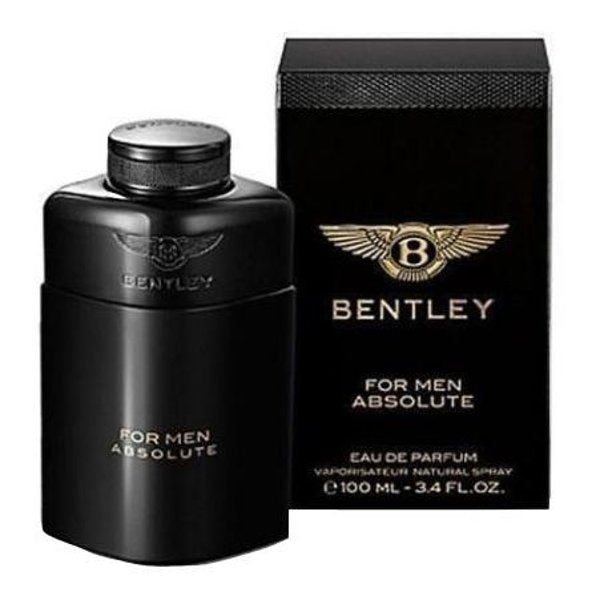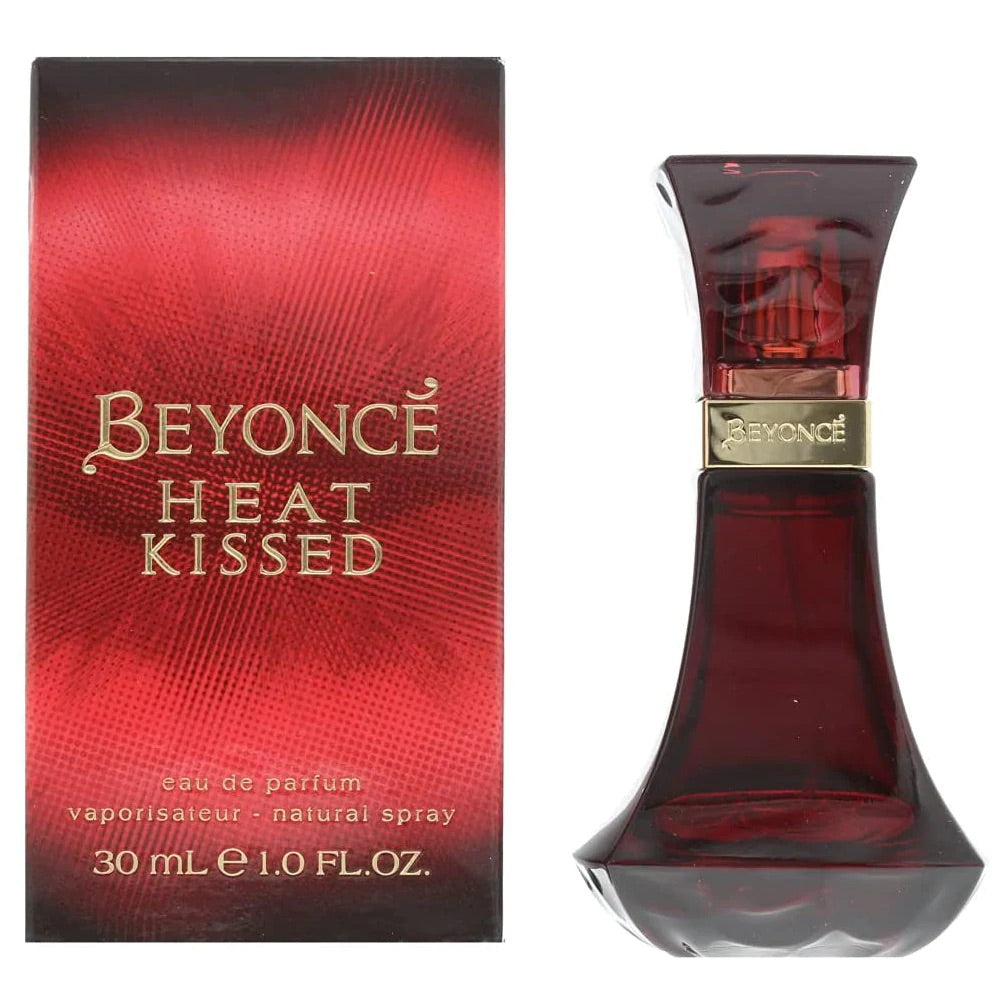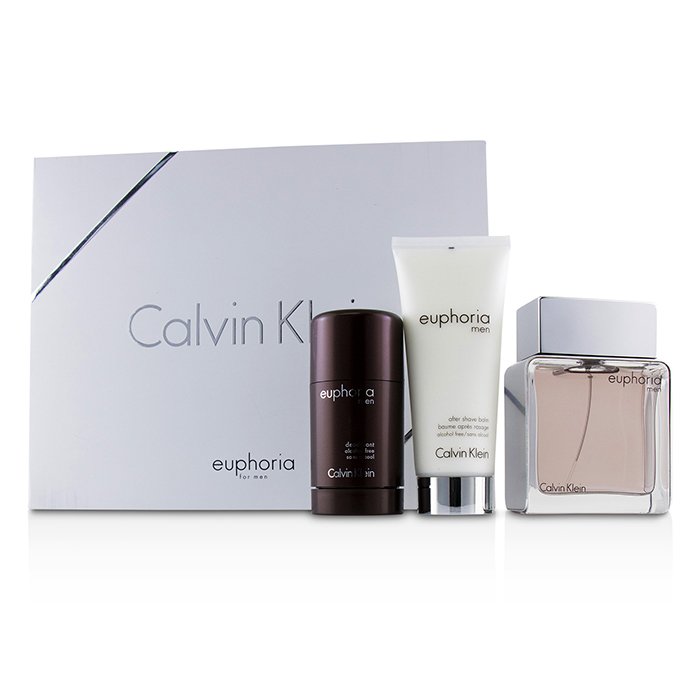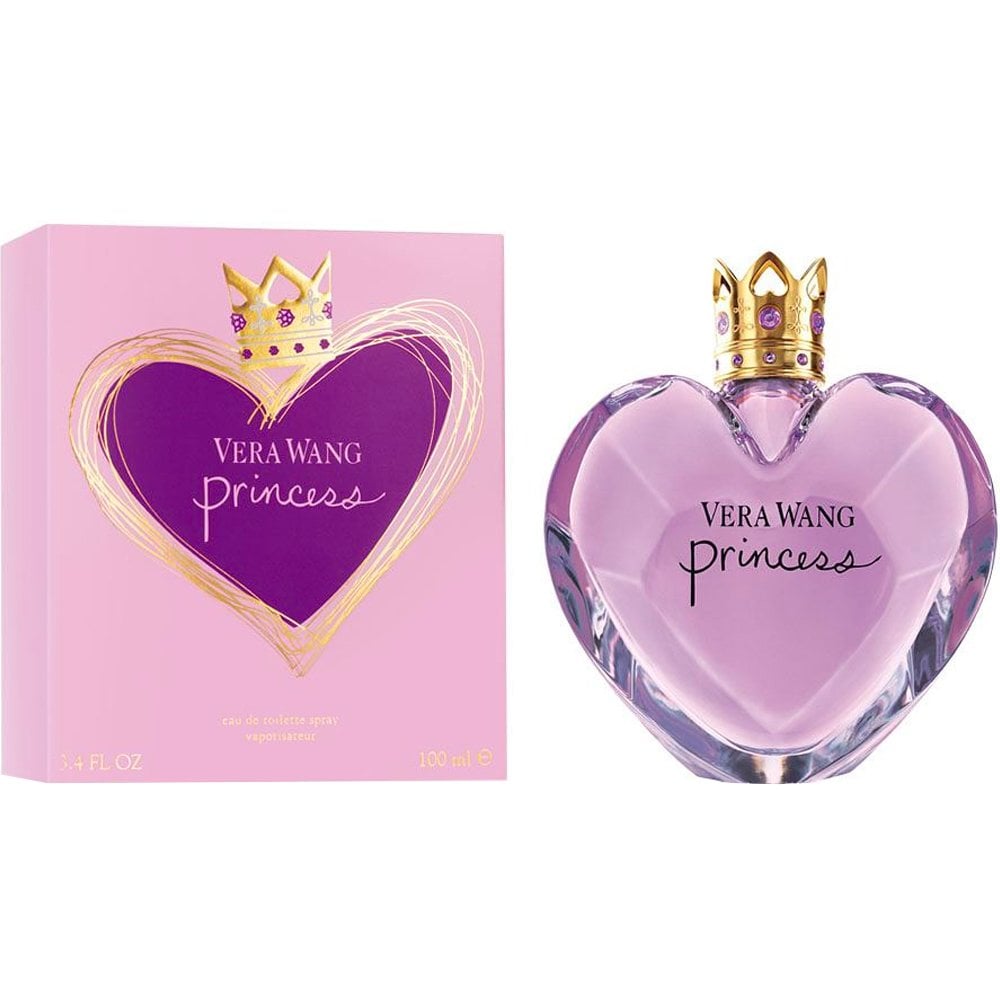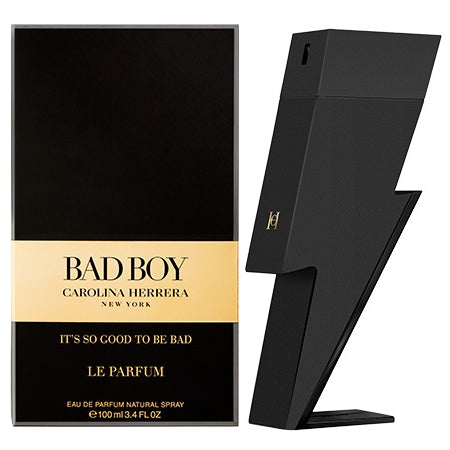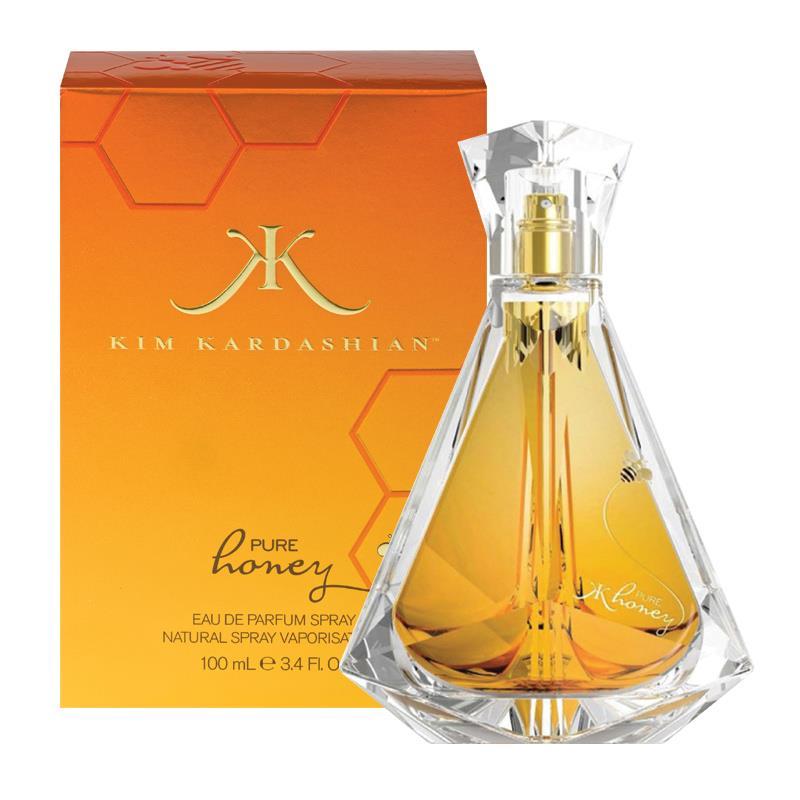FAQs
Find answers to our most frequently asked questions below. If you can't find what you're looking for please contact us and we'll get in touch with 24 hours.
Q: Are the perfumes sold at D'Scentsation authentic?
A: Yes, at D'Scentsation, we take pride in selling only authentic perfumes sourced from authorized distributors. We understand the importance of quality and guarantee that all our products are genuine. We value our customers' trust and strive to provide them with the finest and most reputable fragrance brands. Shop with confidence knowing that the perfumes you purchase from D'Scentsation are 100% authentic and of the highest quality.
Q: How long does a perfume typically last?
A: The longevity of a perfume depends on various factors, including its concentration, quality, and personal body chemistry. Generally, perfumes can last anywhere from 4 to 8 hours on the skin.
Q: What is the difference between eau de parfum and eau de toilette?
A: Eau de parfum contains a higher concentration of fragrance oils and typically lasts longer than eau de toilette, which has a lighter concentration. Eau de parfum is more suitable for those who prefer a longer-lasting scent.
Q: How should I store my perfumes?
A: It is best to store perfumes in a cool, dry place away from direct sunlight. Heat, light, and humidity can degrade the fragrance over time. Keep the perfume bottles tightly closed to preserve their freshness.
Q: Can I sample perfumes before purchasing?
A: Absolutely! We offer samples of various perfumes for you to experience and find the perfect scent that suits your preferences. Sampling allows you to test how the fragrance develops on your skin.
Q: What is the "top, middle, and base" note in perfumes?
A: Perfumes have a three-stage fragrance development. The top note is the initial scent that you smell upon application. The middle note, also known as the heart note, emerges after the top note fades. The base note is the final lingering scent that appears as the perfume fully develops.
Q: Are there any specific scents suitable for different seasons?
A: Yes, certain scents are often associated with specific seasons. Light, fresh, and citrusy fragrances are popular for spring and summer, while warmer, spicier, and woody scents are favored in autumn and winter.
Q: Can I wear different perfumes on different occasions?
A: Absolutely! Choosing a fragrance for a particular occasion can enhance the overall experience. Consider lighter, floral scents for daytime and fresh, sophisticated scents for formal events or evenings.
Q: How should I apply perfume for optimal results?
A: Apply perfume to pulse points such as the wrists, neck, and behind the ears. The warmth of these areas helps release the fragrance. Avoid rubbing the perfume into your skin, as it can alter the scent.
Q: Can perfumes react differently on different people?
A: Yes, perfumes can react differently based on an individual's body chemistry. Factors such as skin type, pH levels, and even diet can influence how a fragrance smells on different people.
Q: How can I make my perfume last longer?
A: To make your perfume last longer, apply it to moisturized skin or use a fragrance-free lotion as a base. Additionally, layering fragrances with matching scented body washes or lotions can enhance longevity.

